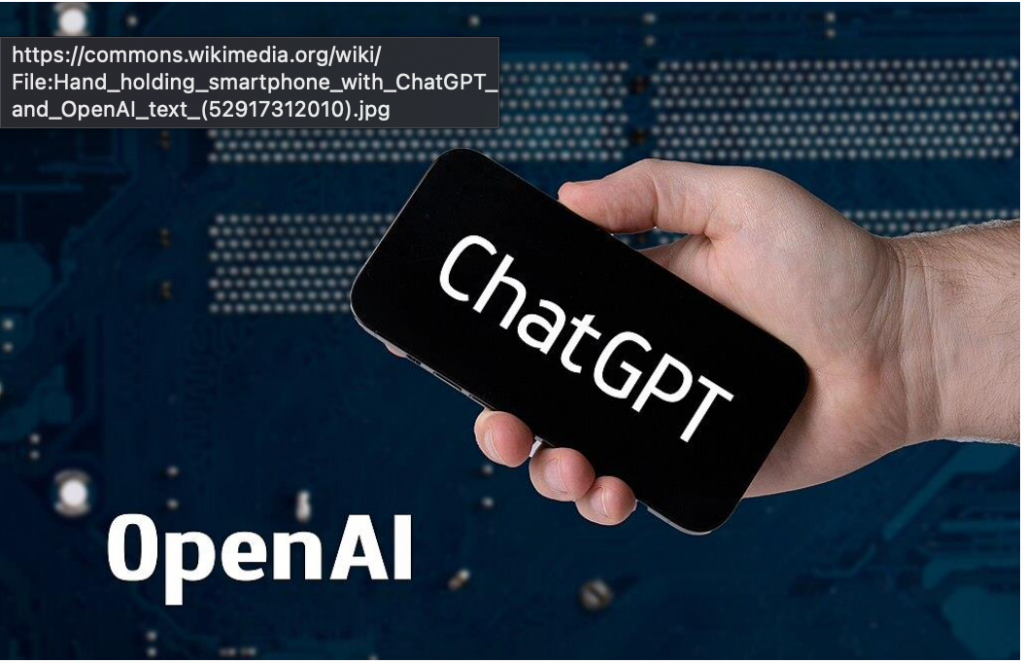
By: Trey Gates
The judicial system has long been revered for its fundamental ideals of impartiality and justice. These ideals have formed the cornerstone of our legal institutions, and of our democracy itself. But are these venerable ideals, many of which are written into our founding documents, always realized in our court system and in our community? If not, what can be done to achieve these goals, and how can society ensure that all individuals have access to the tools required to participate effectively in the judicial system, and ensure access to justice?
With the surge in use of unprecedented artificial intelligence tools like generative chatbots, including the leading chatbots in the industry, OpenAI’s ChatGPT and Google’s Bard chatbot, there is a prodigious amount of potential for expanding access to justice and addressing the issues discussed above. If leveraged properly, these generative artificial intelligence tools could provide guidance to populations that have less access to legal resources.[1] After personally evaluating these chatbots in their current form, I have seen that they can provide templates to
individuals to help draft legal documents, provide information about case law, and even suggest possible solutions for complex legal issues.
While it is important to ensure that these artificial intelligence mechanisms can be directly used by individuals to assist with legal issues that they may have, it is perhaps equally as important to implement these tools into the legal profession. Many artificial intelligence tools have already been found useful within the legal community itself; for example, some legal aid organizations have already begun incorporating generative chatbots into their legal research processes.[2] These generative chatbots can be given set parameters that guide the chatbot to research cases in a particular area of the law. Having access to these research tools will drastically increase the speed with which firms are able to handle client cases, and will especially benefit organization with limited resources, such as legal aid organizations that provide free legal services to clients. By having the capability to increase research speed, legal aid organizations will be able to work through client cases faster, and accordingly will be able to take on a greater case load, thus providing more legal services to individuals that the organization might otherwise have had to turn down.
However, the idea of using generative artificial intelligence chatbots to promote legal resources and to act as guides for underserved populations is not without its risks. Most notably, what if chatbots simply generate an incorrect response? Mainstream chatbots, such as ChatGPT, have been known to make errors and provide misleading, and often incorrect, information.[3] To address this issue, chatbots can be developed and tailored to serve the needs of the legal industry specifically. In addition, training methods for legal chatbots should be specially designed to ensure quality data is used for the artificial intelligence model. Traditionally, chatbots are trained by “scraping” data from across the internet; for chatbots used in the legal industry, a more refined methodology should be used to prevent the chatbot from learning inaccuracies and false information.[4]
In addition, there are other risks associated with the use of artificial intelligence chatbots in the legal system. One other risk is data privacy. In the scope of legal representation, confidential information is almost always revealed and passed between attorney and client, and feeding any confidential information into a generative artificial intelligence platform poses several potentially large risks to clients. Even without giving the platform specific details about
the client, questions arise about what the company behind the chatbot will do with the information entered after the user no longer needs it.
Although there may be risks associated with using artificial intelligence chatbots in the legal profession, the potential benefits largely outweigh these risks. Not only could these chatbots provide direct assistance to underserved individuals facing legal issues, but they could also be used by attorneys and those working in the legal industry as a whole to better assist clients and expand access to the judicial system.
______________________
1. Kirsten Sonday, Forum: There’s potential for AI chatbots to increase access to justice, THOMSON REUTERS (May 25, 2023), https://www.thomsonreuters.com/en-us/posts/legal/forum-spring-2023-ai-chatbots/
2. Id.
3. Tyler Roush, FTC Investigating ChatGPT Maker OpenAI For Providing False Information In Chat Results, Report Says, FORBES (July 7, 2023), https://www.forbes.com/sites/tylerroush/2023/07/13/ftc-investigating-chatgpt-maker- openai-for-providing-false-information-report-says/
4. Id.
